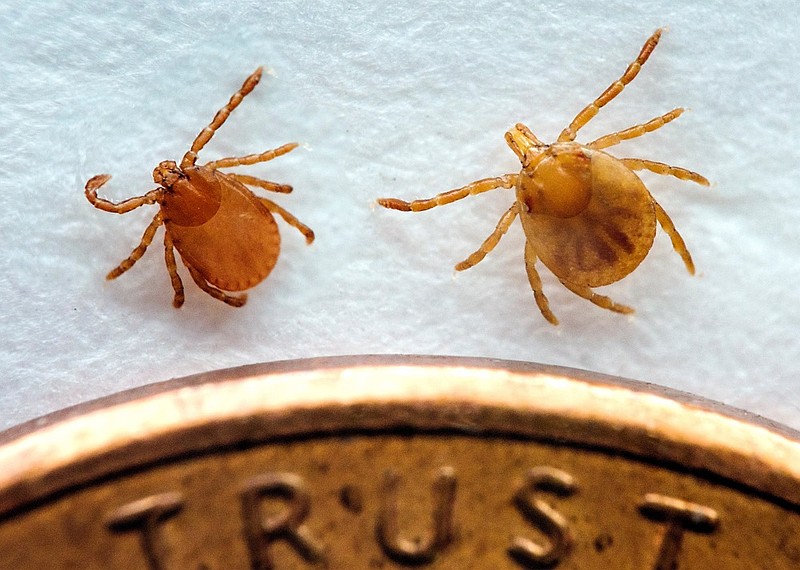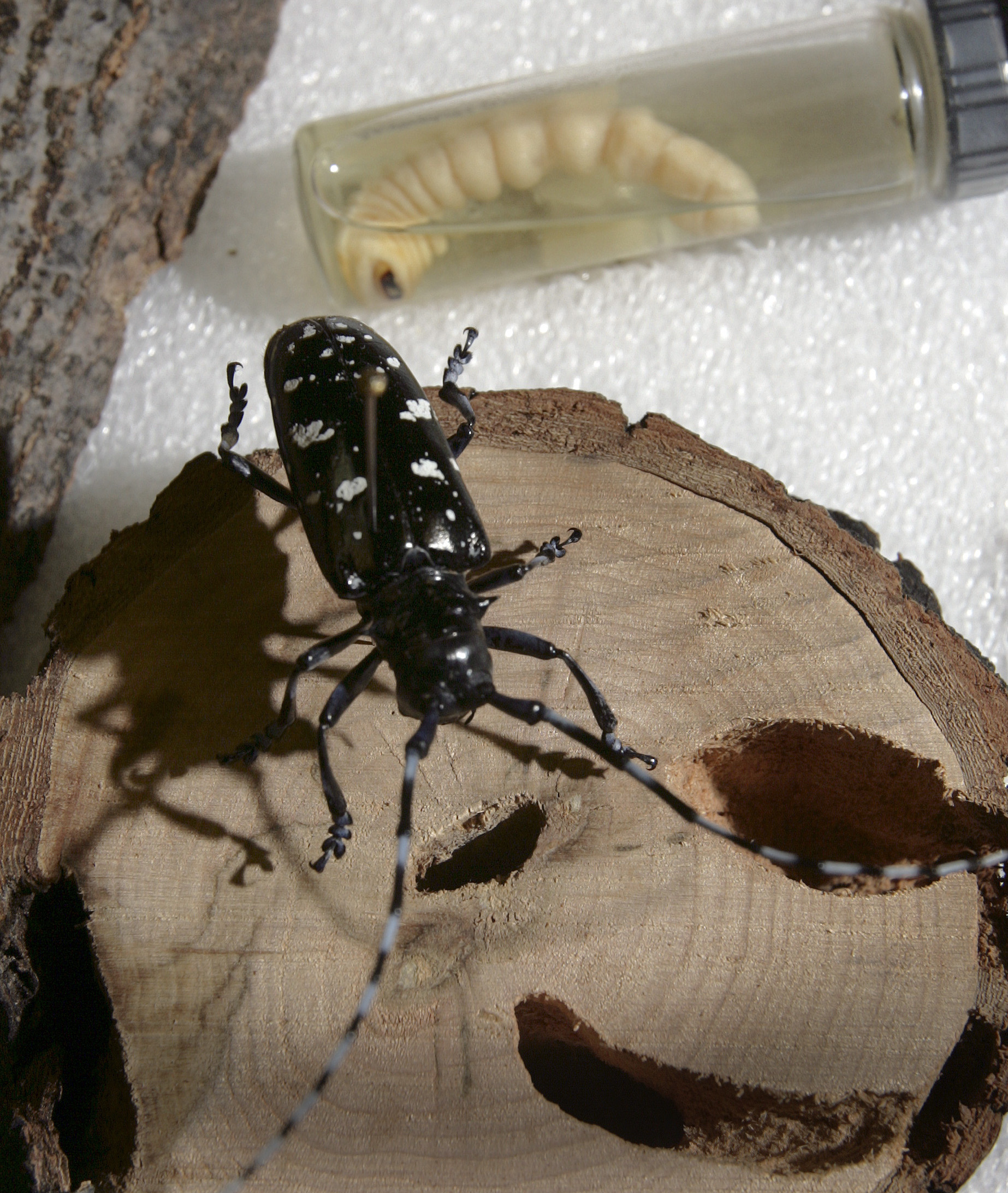An invasive species of tick has been found in six more Tennessee counties, according to a news release from the Tennessee Department of Agriculture.
The Asian longhorned tick, which was found on animals in Union and Roane Counties earlier this year, has now been discovered in Knox, Jefferson, Claiborne, Cocke, Putnam, and Sevier counties.
While the Centers for Disease Control and Prevention has not reported any evidence that the tick has transmitted pathogens to humans in the U.S., there are concerns that it may transmit the agent of Theileriosis in cattle. Heavy infestations can cause blood loss and lead to death, the release states.
"Tennessee has numerous animal hosts and a suitable habitat for this tick species," said Dr. R.T. Trout Fryxell, Associate Professor of Medical and Veterinary Entomology for UTIA, in the release. "While it is always important to be diligent and keep an eye out for all ticks, the unique biology of the Asian longhorned tick helps this species to establish quickly and become a problem."
Tips to prevent tick bites in animals and livestock:
* Coordinate with your veterinarian to determine appropriate pest prevention for pets and livestock. * Check pets and livestock for ticks frequently. * Remove any ticks by pulling from the attachment site of the tick bite with tweezers. * Monitor your pets and livestock for any changes in health
Cattle and dogs are particularly susceptible to tick bites, and the Department of Agriculture encourages owners to be cautious while purchasing animals. It's recommended to apply a tick treatment to cattle prior to bringing them to a farm, provide animals with a tick preventative and regularly check for ticks.
If one of your animals are bitten by a tick, Fryxell suggests putting the tick in a ziplock bag, writing down the date and where the tick was most likely encountered and storing it in a freezer, according to the release.
Asian longhorned ticks were reported for the first time in the U.S. in 2017. A female can lay eggs and reproduce without mating, and up to thousands of them may be found at a time, or on an animal, according to the CDC's website.
For more information on the Asian longhorned tick, you can visit the CDC's website. For more information on how to protect animals, visit the USDA's website.

